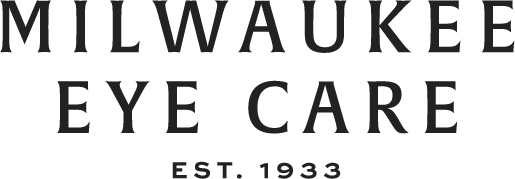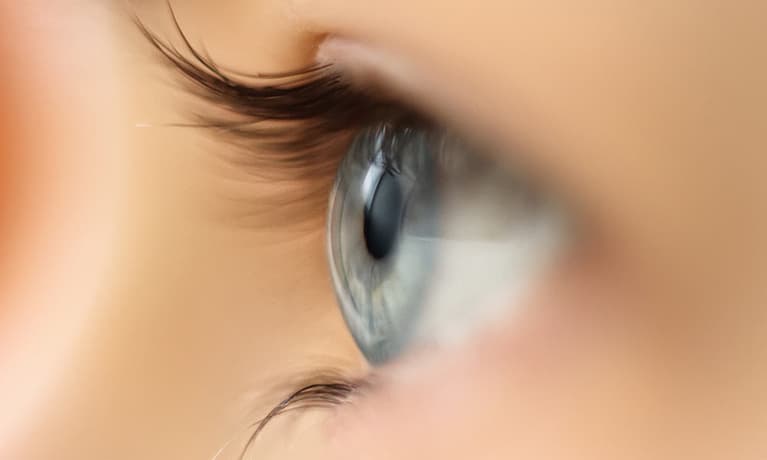Age-Related Macular Degeneration (AMD) is an age-related, progressive, and degenerative condition affecting the central vision region of the retina, the macula. Unfortunately, there are currently no cures for AMD. Current treatments exist for stabilizing wet subtypes of AMD, but for most patients with dry AMD, treatment options are limited. However, there is good news for AMD patients. A specific formula of vitamins, called the AREDS2 vitamins, is effective in slowing down the progression of macular degeneration.
What is AREDS2?
AREDS stands for the Age-Related Eye Disease Study, a study conducted by the National Eye Institute in two series to determine which nutrients were beneficial for treatment of age-related eye conditions such as AMD. The AREDS2 formula comprises 6 nutrients: Vitamin C, Vitamin E, Copper, Zinc, Lutein, and Zeaxanthin. The first AREDS formula contained beta-carotene, a Vitamin A derivative later demonstrated to increase the risk of lung cancer in patients with a history of smoking. Thus, the beta-carotene was removed from the initial formula. AREDS2 refers to the second formula, which is beta-carotene free.
- Vitamin C: Also known as ascorbic acid, we find Vitamin C in many fruits and vegetables, such as citrus, cantaloupe, and broccoli. Vitamin C is commonly known for its immune function and wound healing benefits, but it is also essential for neurotransmitters, which are chemicals involved with how your brain, retina, and nervous system communicate with each other. The AREDS2 study demonstrated benefits for AMD at 500 mg/day.
- Vitamin E: An antioxidant found in many plants, such as nuts, seeds, vegetables, and oils. Antioxidants help prevent age-related cell damage, and vitamin E specifically benefits age-related cell damage in the eye, brain, and heart. The AREDS2 study demonstrated benefit for AMD at 400 IU/day.
- Zinc: Your body cannot produce the mineral zinc however, it is critical for your health to promote growth in children, immune function, and retinal function. We find zinc in red meat, seafood, nuts, and beans. The AREDS2 study demonstrated benefit for AMD at 80 mg/day.
- Copper: Another important mineral for your brain, blood vessels, and immune system. High levels of zinc supplementation may lead to copper deficiency, thus the main purpose of the Copper in AREDS2 is to balance the effects of zinc. AREDS2 incorporates 2 mg/day.
- Lutein and Zeaxanthin: Both are carotenoids, which are in the same family as beta-carotene. Carotenoids give pigment to many yellow and green vegetables like spinach, kale, corn, bell peppers, and pistachios. Similar to Vitamin E, lutein and zeaxanthin are antioxidants and prevent age-related cell damage. The AREDS2 study demonstrated no increase in lung cancer with lutein and zeaxanthin at a dose of 10 mg/day lutein and 2 mg/day zeaxanthin.
Who benefits from AREDS2 Supplements?
The AREDS2 study demonstrated that these 6 nutrients, at the specified amount, slowed the progression of intermediate or advanced AMD. Unfortunately, there was no proven benefit to patients with mild AMD. AREDS2 vitamins also did not prevent the onset of AMD. For this reason, your doctor may not recommend taking AREDS2 vitamins if you have a family history of AMD or established mild AMD. Talk with your doctor about whether AREDS2 vitamins would benefit you.

Written by Mackenzie Sward, M.D.










